
Programs for Your Family Business
Sample Sessions
Family Entrepreneurship
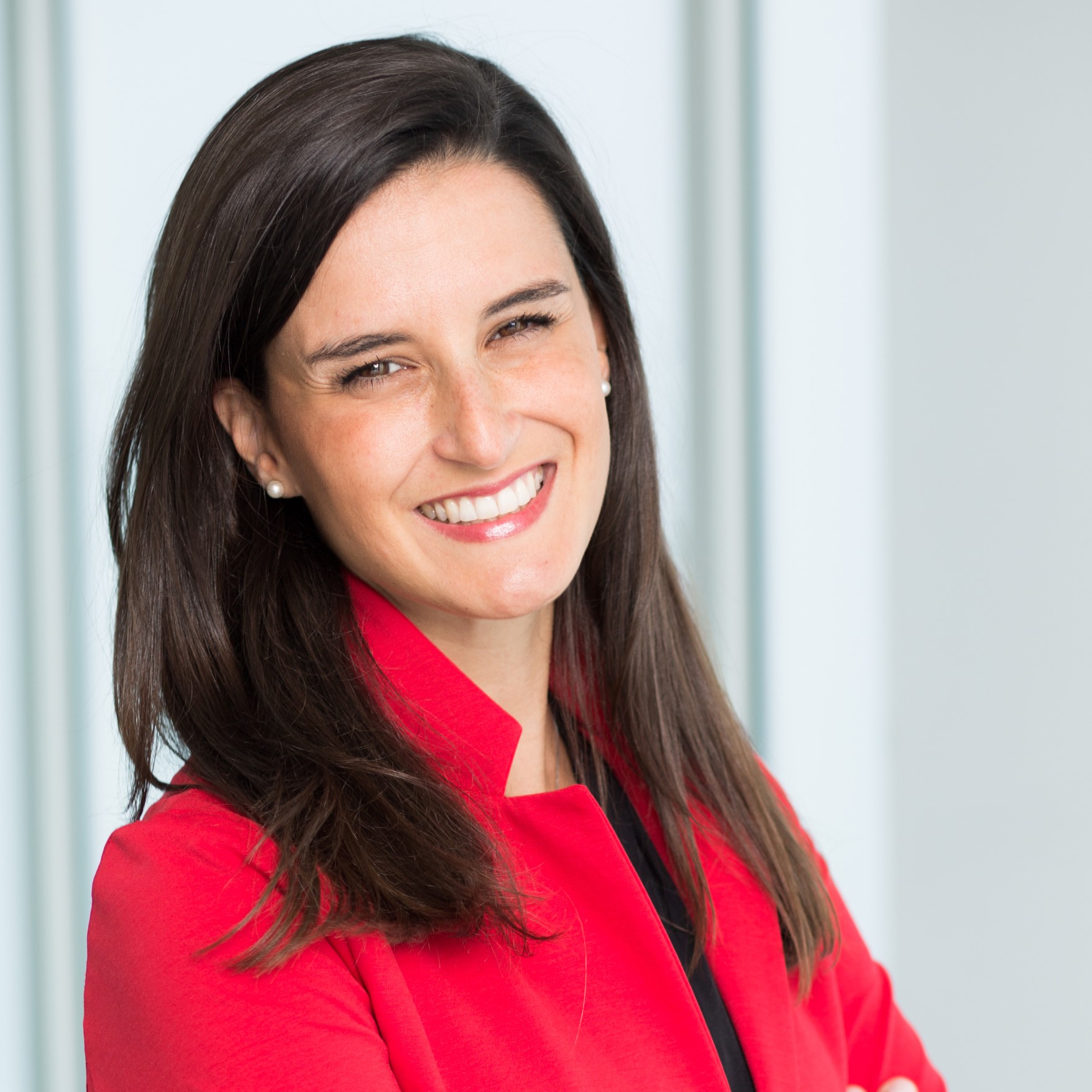
Family Startups: How Identity and Relationships Inform New Venture Creation in Family Firms
Faculty: Eliana Crosina, Babson College
Identity and relationships are especially salient in family businesses because family enterprises involve intersecting personal and work-related identities and relationships. On the one hand, such identities and relationships might bolster the functioning of family firms by providing their members psychological, social, and material resources; on the other, they might undermine it, generating added tensions. Based on her research, Prof. Crosina will lead a discussion on how identity and relationships in family businesses can influence the launch and development of new entrepreneurial endeavors, ranging from projects to the entire organizations. Join this interactive session with questions, curiosity, and be ready to share your own experiences.

Mapping Family Interest and Involvement in Entrepreneurship
Faculty: William Gartner, Bertarelli Foundation Distinguished Professor in Family Entrepreneurship, Babson College
William B. Gartner, the Bertarelli Foundation Distinguished Professor in Family Entrepreneurship at Babson College will lead a workshop that utilizes three widely used family business frameworks to clarify each family member’s role, motivations, interests, and capabilities for engaging in entrepreneurial activities. The workshop would be of benefit for any family that is beginning the process of growth and change from their current circumstances to the creation and development of new opportunities.
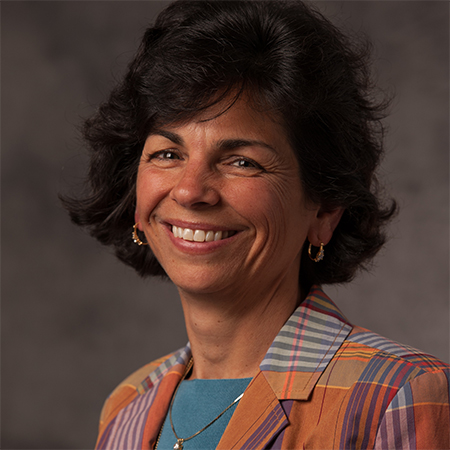
Game-changing Innovation & 3rd Generation: Future-proofing your Family Business’s Market Leadership
Faculty: Gina O’Connor, Babson College
For start-up companies, the innovation culture is set by the founding team. In fact many companies are founded on the basis of a game-changing innovation. In most cases, the 2nd- and 3rd-generation leaders drive growth through geographic expansion and operational efficiencies that help to scale the business. Individuals who champion breakthroughs can find a senior sponsor and get the attention they need through the informal networks that family business cultures enable. But as the business grows, routines and processes create formal systems, and championing behavior that creates the business platforms of tomorrow can be snuffed out. Subsequent generations of leaders find that they may need to reset an innovation culture and discipline.
Join Gina O’Connor, Professor of Innovation and Management in the Entrepreneurship Division, as she reveals how you can build organizational capability for horizon 3, game-changing, innovations that create future markets and whole new platforms of business for your family enterprise, without sacrificing today’s business.
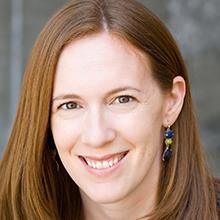
Passion and Purpose in Family Entrepreneurship
Faculty: Jennifer Tosti-Kharas, Babson College
Professor Tosti-Kharas’ program is based on her research—what it means to experience work as meaningful, or as a “calling,” a consuming, meaningful passion. She will address how people find their callings, the promise—and even pitfalls—of making work your calling, the difference between working for oneself vs. to benefit society, and more. This program will help family members identify whether their work is—and should be—their passion or worry about work taking over their life. Prof. Tosti-Kharas will consider how these dynamics play out in family business ventures.
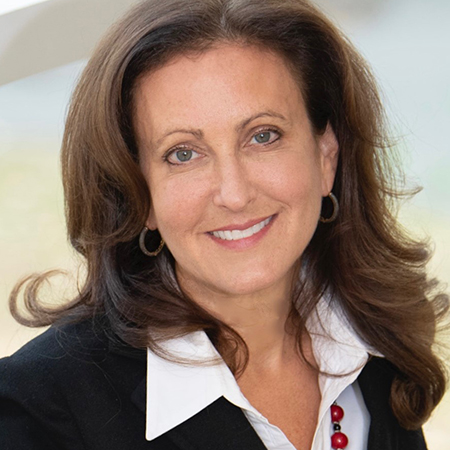
Transforming Your Family Business
Faculty: Lauri Union, Babson College
Innovating and creating positive change in a family business requires not only business and technical skills but also relationship skills that are critical to implementing change. This workshop will help participants navigate both to achieve transformative impact in their family business. Lauri Union will lead this session to develop participants’ capacity to grow and transform their family business but understanding key steps in business transformation through Collaborative Organizational Transformation™.
Governance

How Boards Can Help Entrepreneurial Families Move Forward
Faculty: Les Charm, Babson College
In this two-way question and answer exchange, professional board member and family entrepreneurship and turnaround expert Professor Leslie Charm will lead an interactive discussion about how boards can help entrepreneurial families move forward in times of crisis and beyond. Topics discussed include the role and value of a board, board composition, and the role of the next gen.
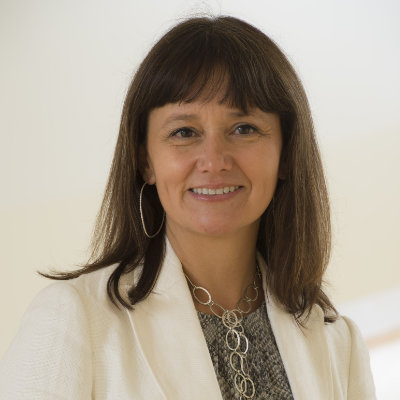
Incumbent at the Crossroads: The Succession Timing Dilemma
Faculty: Francisca Sinn Rosende, Universidad Adolfo Ibanez, Chile
Professor Francisca Sinn, an expert in strategy, family business, and governance, will share a presentation about the factors that affect the incumbent intention to step aside from the family business. Many family businesses suffer a lack of definition, tension, and ambivalence of the succession process. The consequences of this sometimes chaotic process can severely affect both the business and the family. Understanding and managing it in a timely fashion is critical for smoothing the transition for all stakeholders involved. Participants will expand their understanding of the succession process, opening the door for better addressing these issues within their own business family.
Leadership
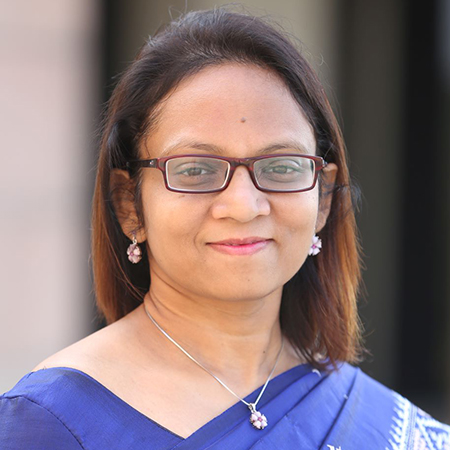
Women Power in Family Businesses: The Inevitable Change
Session Leader: Dr. Nupur Pavan Bang, Associate Director, Thomas Schmidheiny Centre for Family Enterprise, Indian School of Business, India
Smaller family sizes, education and exposure to women and changing mindsets are changing the gender dynamics in the top management teams and board rooms. Yet, there are challenges galore for women, parity in pay and opportunities remains a far cry and many remain “invisible” despite playing critical roles in their families as well as businesses.
Associate Director of the Thomas Schmidheiny Centre for Family Enterprise, Indian School of Business, and co-author of the recent STEP Project report, “The Power of Women in Family Business,” Dr. Nupur Pavan Bang will present to the audience the challenges that women face, the changes required to make the workplaces gender diverse, the competencies and capabilities that women must acquire to contribute effectively to the business, the role of government and regulators and the contributions that women make in making family businesses successful.
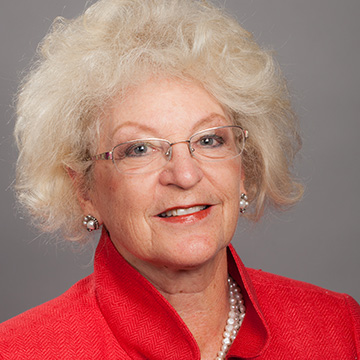
Peer Coaching – A Tool to Achieve Your Goals in Your Family Enterprise
Faculty: Candida Brush, F.W. Olin Distinguished Professor of Entrepreneurship, Babson College
In this Peer-Coaching Workshop led by Professor Candida Brush, Franklin W. Olin Distinguished Professor of Entrepreneurship, you will do a deep dive into peer coaching. Participants will identify a particular challenge they face in their business and bring this to the session. They will learn effective models of coaching, and then practice peer coaching. For this session, you will be asked to do a brief reading and worksheet prior to the session.
Professor Brush is one of the early pioneers in entrepreneurship research, and conducted one of the first and largest studies in the U.S. She has co-authored reports for OECD, the Global Entrepreneurship Monitor and the Goldman Sachs Foundation, and presented her work at the World Economic Forum in Davos and the US Department of Commerce.
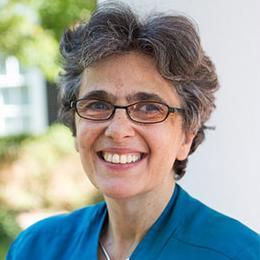
Taking Action—“Giving Voice to Values” (GVV): Values Driven Leadership in Family Entrepreneurship
Faculty: Dr. Mary Gentile, Professor, University of Virginia-Darden School of Business, and Senior Fellow of Social Innovation, The Institute for Social Innovation
The “GVV” method focuses on ethical implementation and asks the question: “What if I were going to act on my values? What would I say and do? How could I be most effective?” In this webinar session, as a family entrepreneur, Dr. Gentile will present the importance of ethics sharing actionable strategies for voicing and enacting values-driven leadership.
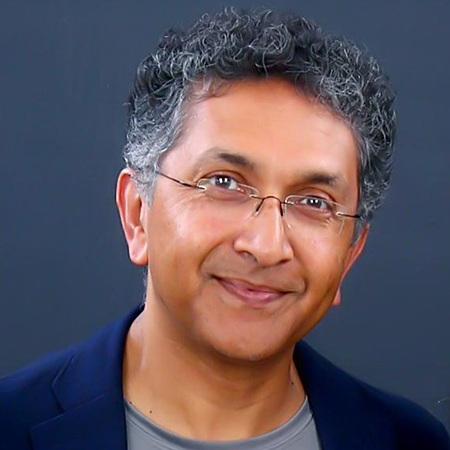
Family Entrepreneurial Leadership: Think and Act Like a CEO
Faculty: Jay Rao, Babson College
This program develops Entrepreneurial Leadership skills for family business members who aspire to lead family startups, scale-ups, non-profits, or large enterprises. As the world is experiencing greater levels of VUCAH—volatility, uncertainty, complexity, ambiguity, and hyper-connected—there is the need for more Entrepreneurial Leadership. Entrepreneurial Leaders, different from other forms of leadership, energize, engage and enable their teams without spreadsheets and Power Points. Entrepreneurial leaders are storytellers who rally their troops to solve unclear problems with untested solutions. They help their teams to either think their way into new action, or act their way into new thinking. Entrepreneurial leaders bring together strategy, innovation, and culture to lead transformations and change.
Related sessions by Professor Rao:
- Disruptive Innovation: Gorillas v Chimps v Monkeys: Re-Invention by Getting Back to the “Core”
- Navigating Inter-Generational Change: Re-Invention by Finding a new “Core”
- Crises Fuel Creativity and Innovation: Managing Innovation in Good Times & Bad Times
- Crises Re-Ignite Customer Intimacy & Immediacy: Digital Transformation and Business Model Innovation
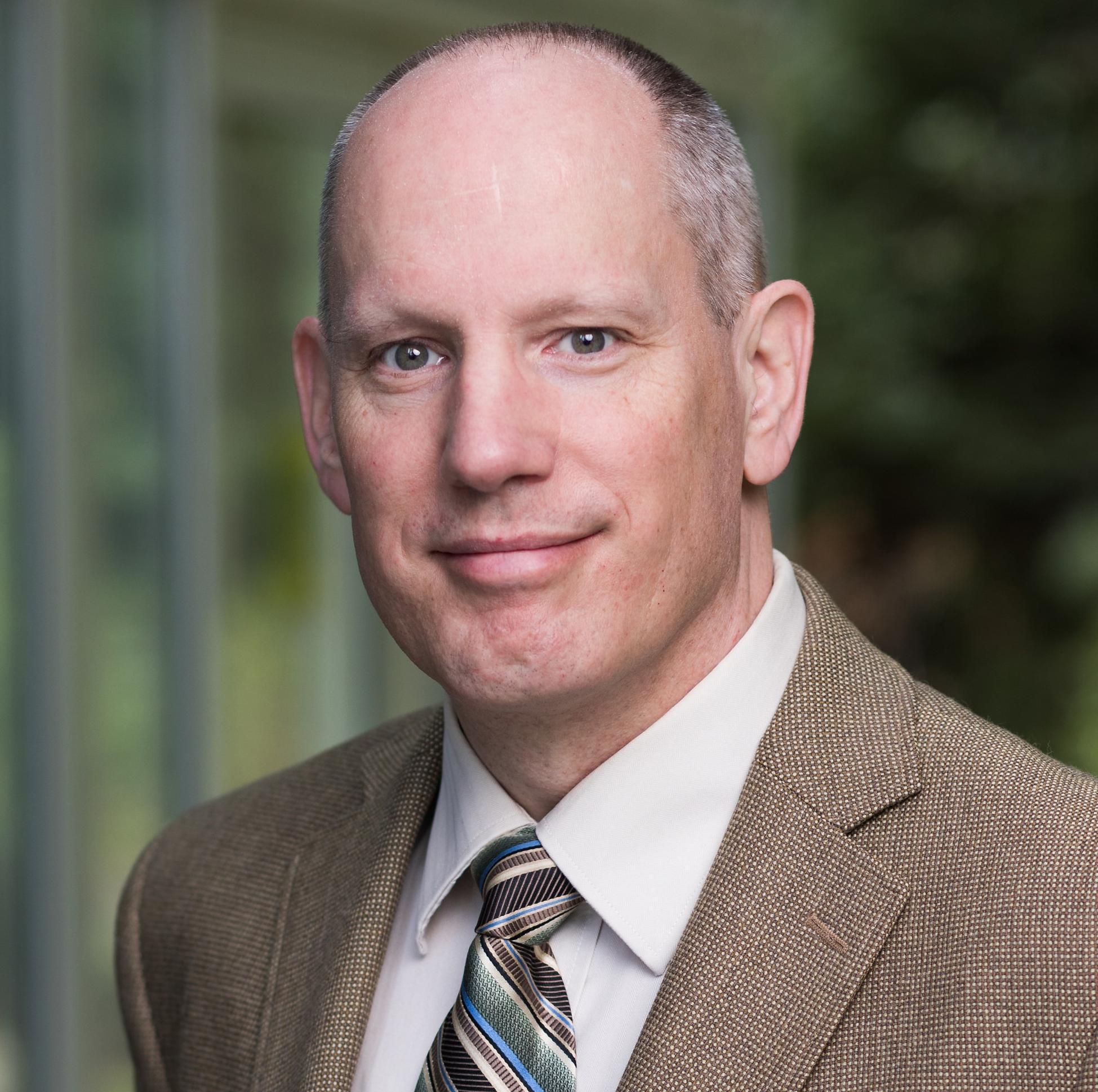
Rethinking Leadership in Entrepreneurial Families
Faculty: Scott Taylor, Babson College
Join Professor Scott Taylor for an engaging discussion on how our definition of an effective family entrepreneurship leader is changing during these turbulent times and what this means for you and your family. At this time when life has become more volatile, uncertain, complex, and ambiguous (VUCA), traditional leadership approaches are insufficient and ineffective. Resonant family business leaders focus on the overall emotional tone they set and make an authentic effort to develop a meaningful connection with their employees, family, and other constituents they lead. We will examine the emotional and social connections to outstanding family entrepreneurship leadership.
Sustainable Development
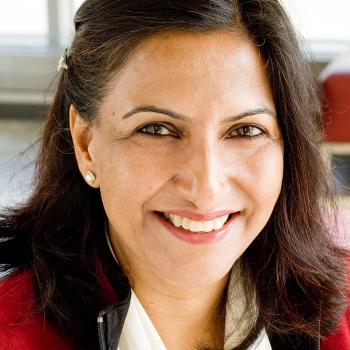
Are Transgenerational Entrepreneurship & Sustainable Development Two Sides of the Same Coin?
Faculty: Pramodita Sharma, Professor & Schlesinger-Grossman Chair of Family Business, University of Vermont
Businesses all over the world and in multiple sectors are redefining success to integrate purpose, values and sustainability into their operations. Family firms seeking to engage the most talented next generation members look for examples of how other firms have embarked on this sustainable development path. In this webinar with Prof. Sharma, insights from her recent book Pioneering Family Firms’ Sustainable Development Strategies, are shared with a focus on pragmatic ways to engage the most talented next generation members and attain triple bottom success.
Managing Crisis
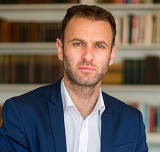
Paradoxical Tensions: Managing Tradition and Change in the Family Enterprise
Faculty: Eric Clinton, Dublin City University
The family enterprise is an organization built on paradox, including tradition versus change, family liquidity versus business growth, business values versus family values, and founder control versus successor autonomy. Paradoxes can both inhibit and foster sustainability, performance and entrepreneurial behavior. Understanding paradoxical tensions is a central ingredient in building a multi-generational family enterprise. Prof. Clinton will present his learnings from long-lived family firms across the globe (e.g. Japan, France, Germany) and this webinar will assist your family to identify, appreciate and ultimately manage paradoxical tensions in your family enterprise.
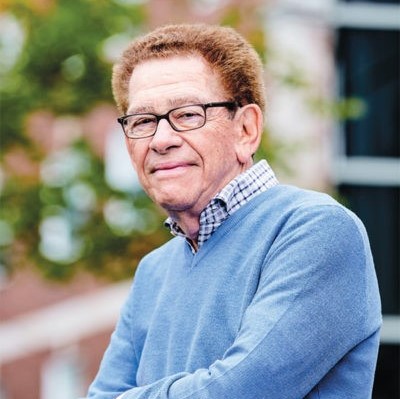
Managing a Family Business in the Post-Pandemic Environment
Faculty: Ed Marram, Babson College
Join Professor Ed Marram in an interactive forum to discuss issues that can be challenging, if not devastating, to successfully operating and growing your family business. Some of the most relevant issues include the volatile economy, high interest rates, hiring staff, building culture in a remote work force, encouraging employees to return to the office, and dealing with supply chain issues among others. Prof Marram will lead a back-and-forth discussion on these issues and more as we learn to deal with the post-pandemic environment of the current decade. Under Prof Marram’s guidance you will discuss these critical issues and discuss possible action plans for your business.
Family Values Ethics
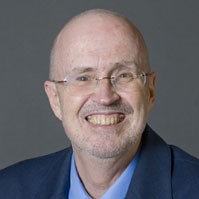
Family Values as a Competitive Advantage
Faculty: James Hoopes, Babson College
Professor James Hoopes will lead this interactive session addressing the impact of culture and background values on a family's business. In this two-way discussion, Prof. Hoopes will share findings from his case studies and provide an exercise to evaluate your own family values and guide you to understand the connection to your family business values.
Prof. Hoopes’ upcoming book is called “Leading for Virtue” with a theme of the role of moral leadership in family business. The book highlights stories from South Asian family businesses and will provide a basis to learn from these traditions. It involves case studies of three family firms and shows the relationship between character and strategy—where all three firms survived crises in their early years because of the character and the commitment to virtue they had acquired from their family background. Their high ethical standards, which to some would have seemed like a competitive disadvantage, both compelled and enabled them to create innovative strategies which less scrupulous competitors would never have come up with.
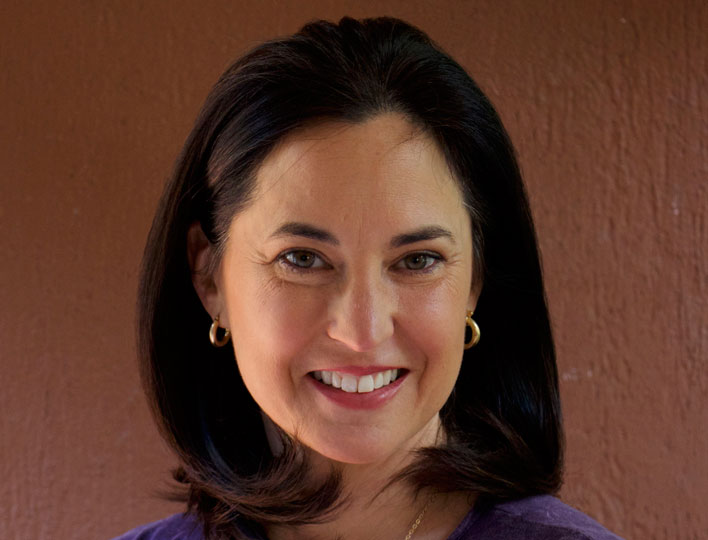
Building Capacity in the Family of the Enterprising Family
Guest Lecturer: Dr. Mariana Martinez, Bowen Center for the Study of the Family
Dr. Martinez, a faculty member at the Bowen Center for the Study of the Family, Washington, DC, brings to bear her expertise in Family Systems, Family Businesses, and Family Wealth Advising to present what it means to be a strong enterprising family. She will present five dimensions that families should work on to get stronger. In this webinar, you will learn how to move the needle towards building capacity in the family to create continuity in relationships and in their enterprises and to face challenges, and successfully adapt. Dr. Martinez will present evidence that keeping the family front and center is the most important factor for maintaining the integrity, and for promoting the progress of the family enterprise.
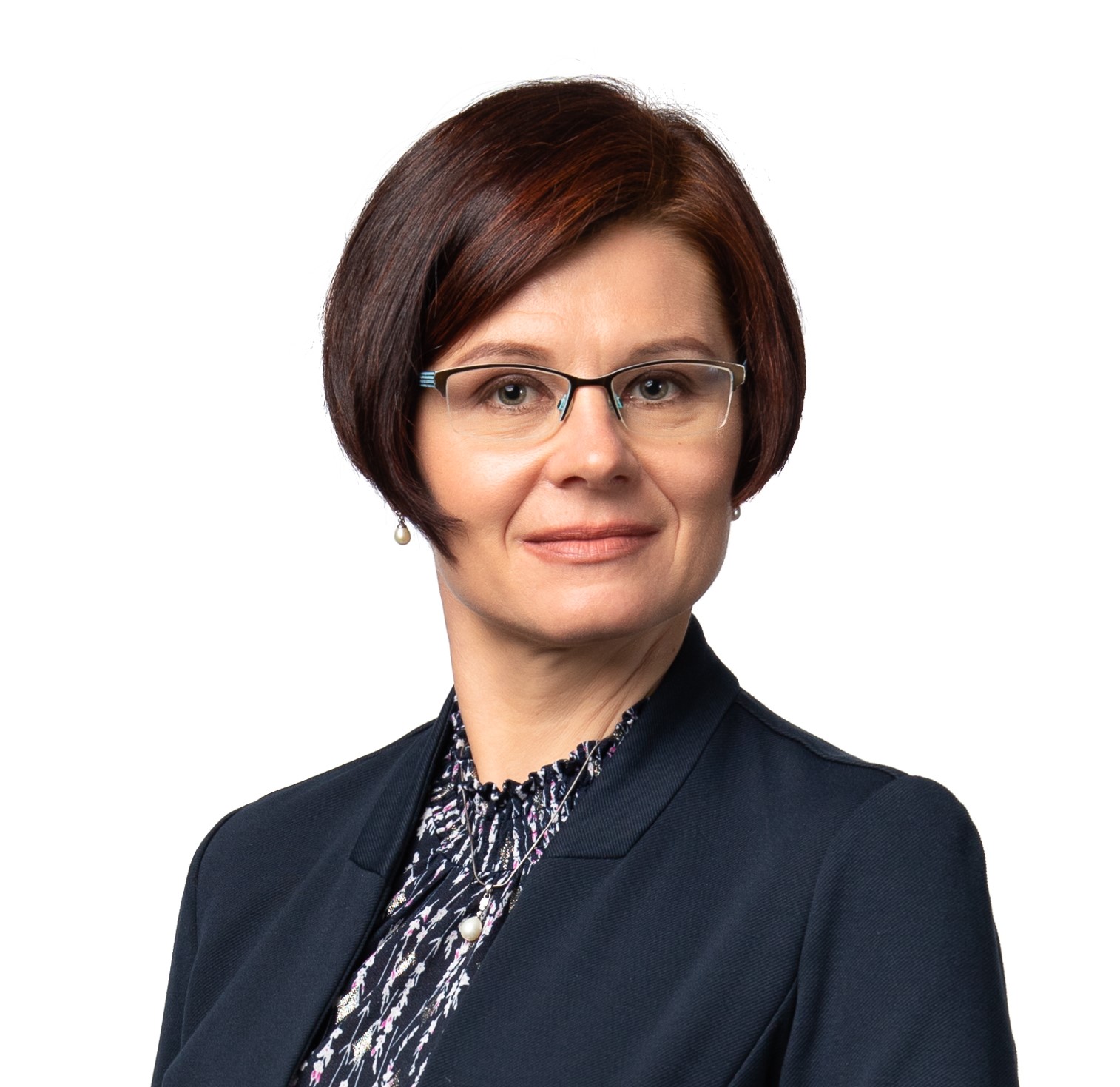
Translating the Family’s DNA into the Next Generation’s Impact Investing
The Case of Firmenich and Impact Finance
Faculty: Dr. Marta Widz (pdf), Affiliated Faculty at the Family Business Institute at the Grossman Business School of the University of Vermont and Executive in Residence at the INSEAD’s Wendel International Centre for Family Enterprise.
Join Dr. Marta Widz and her presentation about a case study about Firmenich, a Geneva-based family business and the world’s largest privately-held manufacturer of fragrances and flavorings industry for consumer goods. Established in 1895, Firmenich is currently entirely owned by family shareholders from the third to the fifth generation. The company is present in more than 100 markets worldwide and operates over 80 facilities across the globe. Firmenich DNA developed over generations and is marked by the recognition of the societal value reflected in its purpose and fundamentals, and the inclusive capitalism business model. The DNA of sustainability and resilience is inherited by the next generation family members. “This is who I am,” says Benjamin Firmenich, who chose not to work in the family business, and co-founded Impact Finance together with Cedric Lombard, next-gen of Lombard Odier, a Swiss private bank founded in 1796.
In this private webinar, Dr. Marta Widz illustrates how sustainability and resilience are intertwined, how they manifest themselves in impact investing, and why and how they can become bridges between generations.
Relationships and Trust
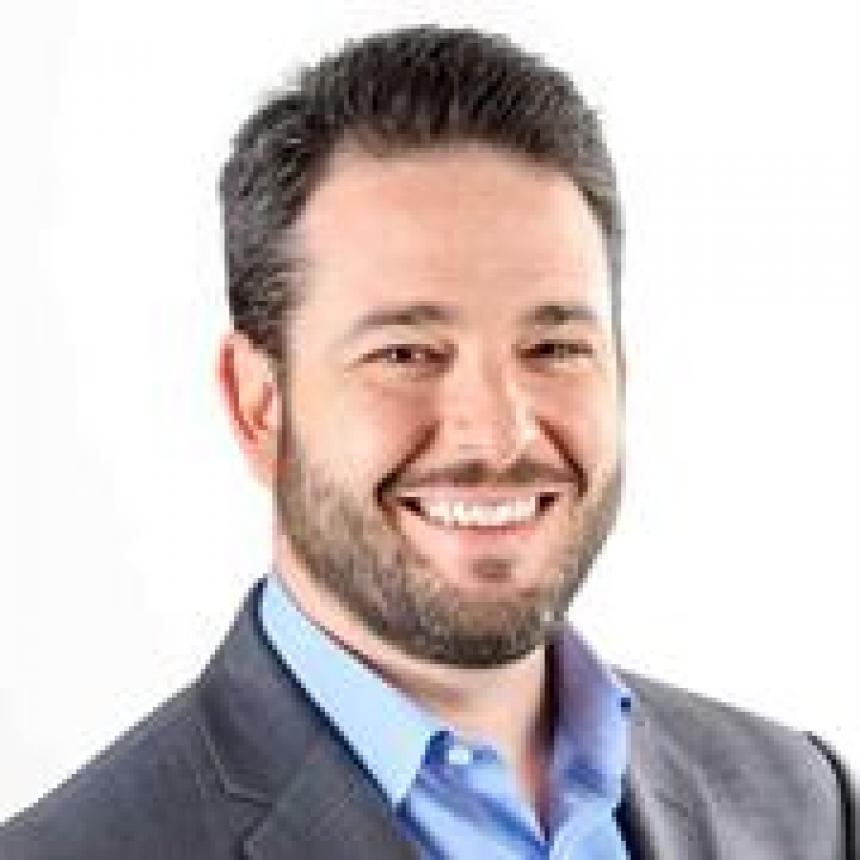
Relationships Matter! Diving into Self-Assessment and Its Impact on Relationships in Your Family
Faculty: Frank Barbera, Toronto Metropolitan University, Toronto, Ontario, Canada
Francesco Barbera will share his presentation on how one of the most widely used personality profile systems in the world, the Myers-Briggs Type Indicator (MBTI), is a useful tool in many aspects of life—including understanding the dynamics of your relationships, honing a career, as well as guiding self-reflection and personal development. In this webinar, Dr. Barbera will present the underlying dimensions of the MBTI, share how to discover your own personality profile, and present how such knowledge can be applied to better understand the challenges—and make improvements—in both your family and business life.
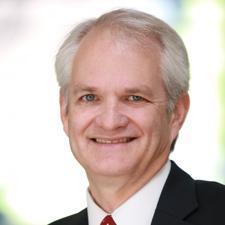
Building and Rebuilding Trust: the Core of all Relationships
Faculty: James Davis, Utah State University
Professor James Davis, an expert in trust, family business, and entrepreneurship, will provide a presentation about trust and family relationships. It has been said that trust is the glue that holds people, organizations and societies together. Without trust, relationships become rigid, less efficient and economies are slowed. Yet, despite all the studies and platitudes, trust may be one of the most misunderstood, misinterpreted and misapplied aspects of human and organizational relationships. Based upon years of his award-winning research in psychology and business, James Davis explains what trust is along with its associated risks. In this session you will learn what you can do to influence how people trust you by nurturing three traits others perceive about you and improve trusting relationships.
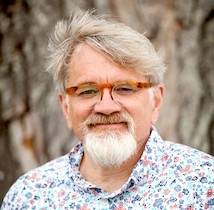
Engaging Non-family Employees Working and Building a Career in Your Family Business
Faculty: Albert James, Dalhousie University, Canada
The intersection of family and business is at the heart of all the challenges and opportunities faced by every family business. Rightfully so, a great deal of attention is paid to business owning families managing the intersection between their family and their family business. This focus on the business family can sometimes lead to the intersection between the owning family and their non-family employees being overshadowed. As we all know, any business plan, strategy, or innovation’s success requires a workforce. Almost inevitably in family businesses non-family employees will make up the bulk of their workforce. The purpose of this workshop is to shed light on the non-family workforce, what it is like for a non-family employee to work and build a career in a family business. In this interactive session, Professor Albert James, a long-time non-family employee, draws on research and experience to assist participants in developing greater awareness, understanding, and engagement of their non-family workforce.
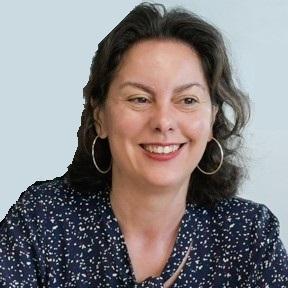
Managing Conflicts in Family Business Succession
Faculty: Miruna Radu-Lefebvre, Audencia Business School, France
One day or another, every (family) relationship encompasses some kind of conflict. The overlap of the family, business and ownership spheres makes conflicts almost inevitable and their emotional resonance certainly more intense in family firms than in other companies. Although varying types of conflicts, such as task conflicts, process conflicts, conflicts of interest, relational conflicts, or work-family conflicts may arise throughout the life of the family business, family business succession is a conflict arena requiring effective conflict management strategies. Being able to manage incumbent-successor conflicts is critical for securing transgenerational transfer and preserving family harmony. Professor Miruna Radu-Lefebvre will present her experience and research learnings from European family firms and present how to assist your family to identify types of conflicts and conflict management strategies. She will share how reflection on the role of social skills can help families to successfully manage conflicts in family business succession.
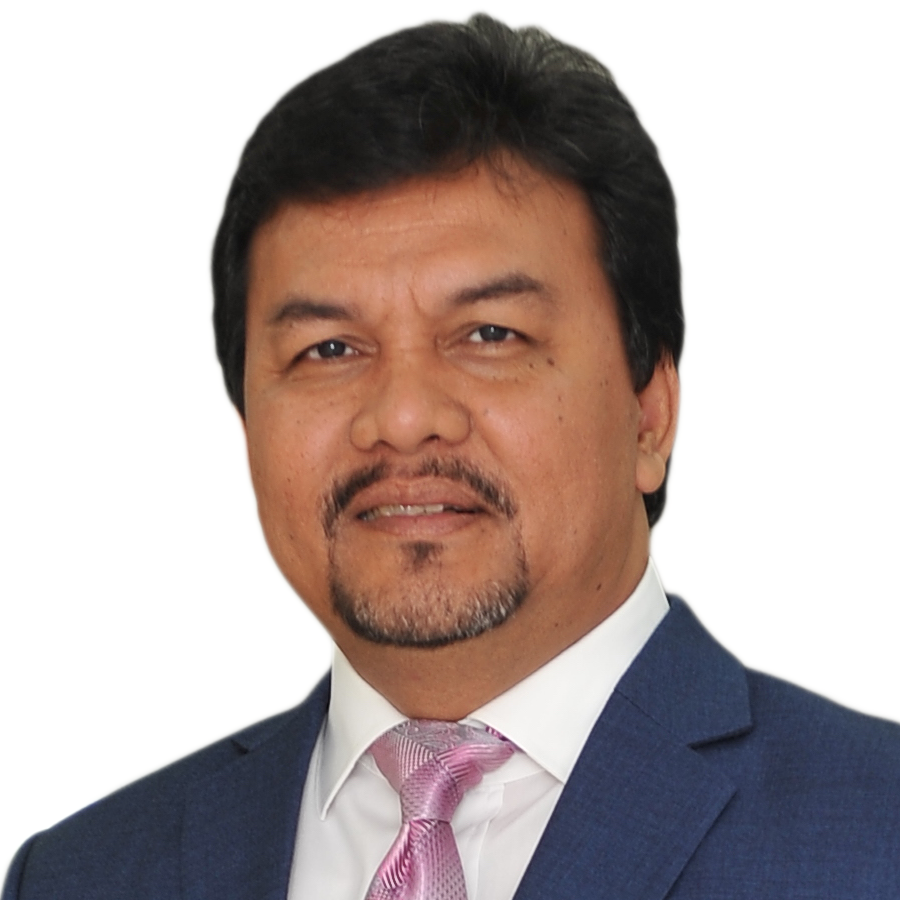
Relationship Building: Investment and Networking
Faculty: Mohar Yusof, Universiti Tun Abdul Razak (UNIRAZAK), Malaysia
Prof. Yusof believes that relationship building within and outside the family and business is a critical success factor for family entrepreneurship. In this webinar, Prof. Yusof will present the importance of the process of building relationships, social capital and strategic alliances with investors, business partners, professional managers and advisors, the government and other key stakeholders. Specific attention will be given to defining and addressing roles and responsibilities of family shareholders, particularly among siblings, cousins and in-laws, in building a strong, dynamic and cohesive family entrepreneurship system.
Mohar Yusof is professor of leadership, family business and entrepreneurship, and Director, Academic Innovation, Centre for Continuing Education at UNIRAZAK. He was a recipient of the Waesche Family Scholarship award, which led to the attainment of the Certificate in Family Wealth Advising from the Family Firm Institute in the United States. He was recognized by the Malaysian government as the Grand Winner–Outstanding Entrepreneurship Mentor, Ministry of Education Entrepreneurial Awards (MEA) in 2018. Later, he led in the writing of a book titled, ‘Entrepreneurial Leaders: Shaping the Malaysian Entrepreneurship Ecosystem.’ He sits in the Board of Directors and Advisory Boards of several family and non-family organizations.
Innovation
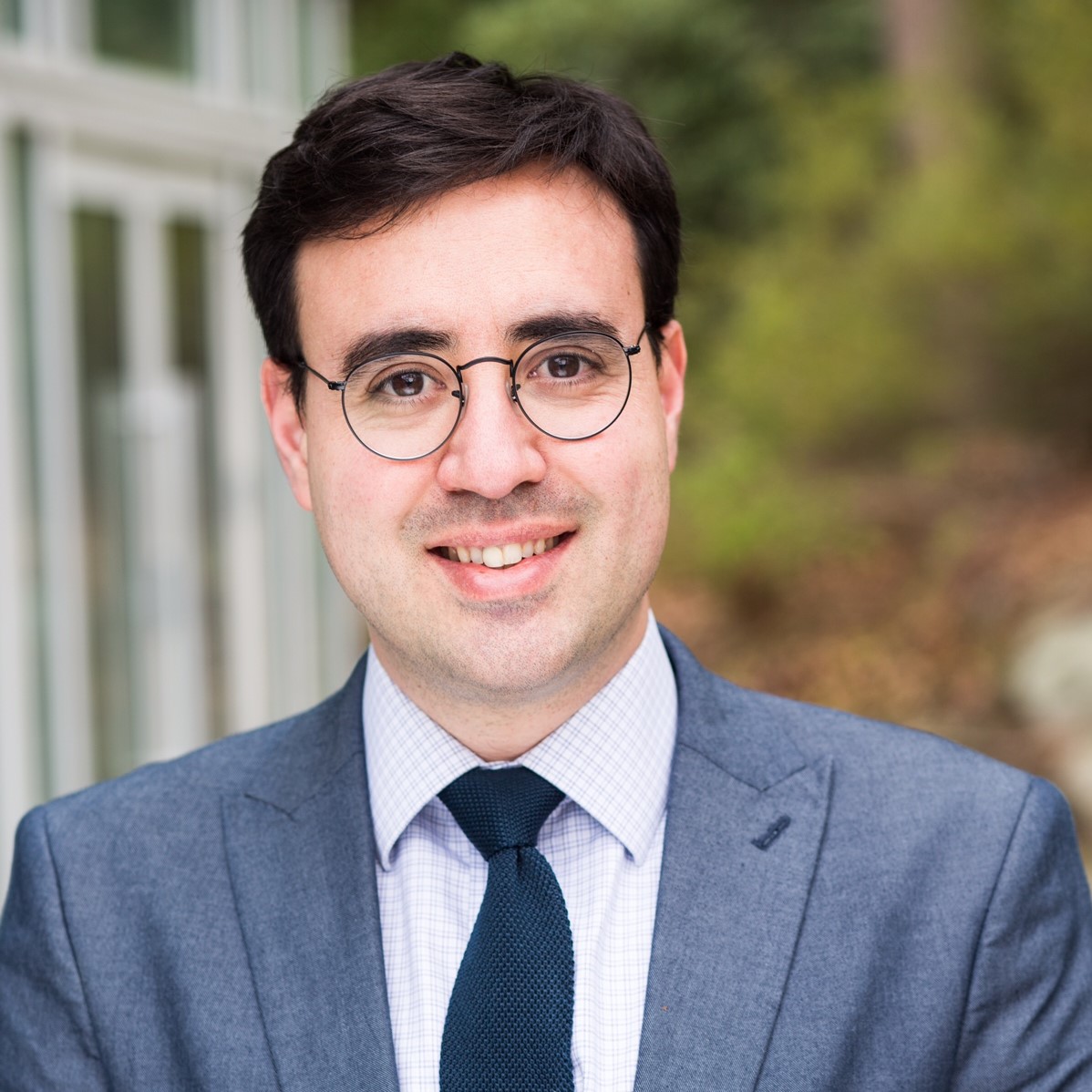
Digital Transformation Workshop for Family Businesses
Faculty: Rubén Mancha, Babson College
Do you want your family business to create a sustainable legacy and have a positive lasting impact? In this workshop, you will learn tools and skills to help you and your family to align digital transformation and generational transition.
Family businesses lag in their use of digital technologies to confront disruptions and competition, while their limited digital capabilities impair their growth and ability to create positive impact. Family businesses need a vision shared across generations to plan their digital transformation journey and build a sustainable, impactful legacy.

Future Lens on Artificial Intelligence (A.I.) and Machine Learning: Implications for Entrepreneurs
Faculty: Erik Noyes, Babson College
How is A.I. advancing and reshaping industries? How will A.I. and machine learning affect our lives and businesses—in customer service, healthcare, retail, banking and even government surveillance? Babson Entrepreneurship Professor Erik Noyes takes a multidisciplinary look at A.I technologies and their implications for entrepreneurial families. Core A.I. concepts and examples are introduced. The session is an opportunity to consider the future, as well as innovation possibilities and new horizons suggested by A.I.
Growth Strategies
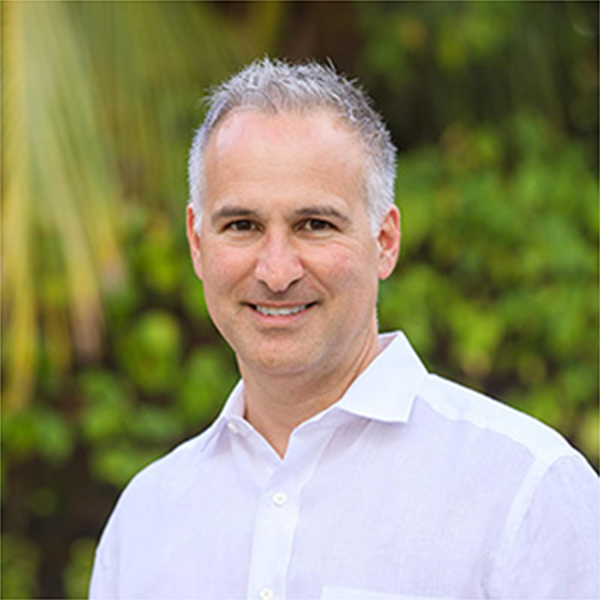
Organic vs. Inorganic Growth in the Family Firm
Faculty: John Hallal, Babson College
Most family businesses, but certainly not all, rely on internal business activities and resources to grow. This is referred to as “organic growth.” Given the global economy and rise in competition, many families have pursued or contemplated using external resources (e.g., strategic partnerships, alliances, joint ventures, and mergers & acquisitions) to grow.
Join Babson Adjunct Lecturer, John Hallal, as he leads an engaging and thought provoking session on inorganic growth strategies and structures in the family firm. In the session, participants will reflect and engage in discussion how this strategy could apply to their own circumstances in their family firm.
Global Entrepreneurial Mindset
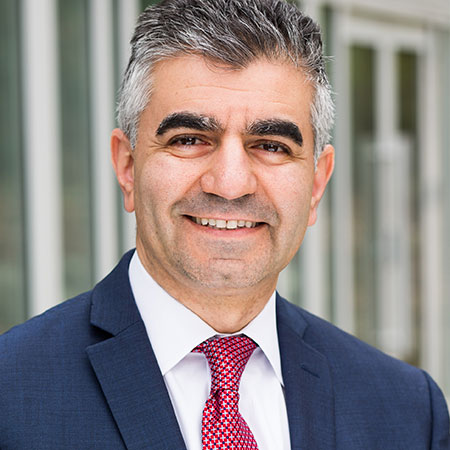
Developing a Global Entrepreneurial Mindset
Faculty: Amir Reza, Dean of the Babson Academy for the Advancement of Global Entrepreneurial Learning, Babson College
The world of entrepreneurship is increasingly interdependent, complex, and uncertain, and learners need to develop attitudes, knowledge, and skills that prepare them to engage with contexts and people who may be culturally, linguistically, and socially different from them, while also developing a sense for the importance of the commonalities we share to humanize and empathize with stakeholders around them.
In this interactive session, participants will collaboratively engage in play, explore the possible definitions of a Global or Intercultural mindset, and engage in a brief interactive lecture, which will tie together attitudes, knowledge, and skills required for development of a global mindset and introduce two developmental frameworks for continuous global mindset growth and development.
Industry-specific Workshops
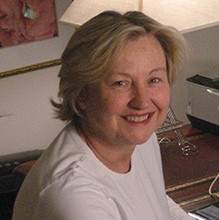
Family Entrepreneurship in the Fashion Industry: The Dynamic Normal
Faculty: Caroline Daniels, Babson College
Family Entrepreneurship and Fashion Professor Caroline Daniels leads an interactive discussion about how various stakeholders in the Fashion Industry (Apparel, Accessories, Jewelry, Home Décor) are innovating today and applying lessons of the dynamic normal. Learn about how entrepreneurial families can keep moving forward in times of change and build an innovation pipeline, while maintaining family values. Bring your questions, challenges, and experiences to learn from and share with Professor Daniels and the other participants.